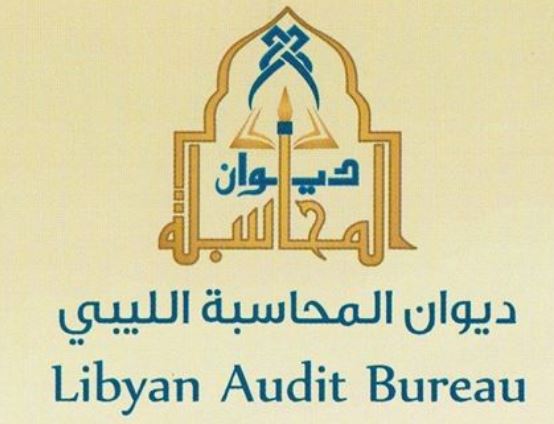Last Wednesday the Libyan Audit Bureau held an event in Tripoli to celebrate its 70th anniversary. The even was attended by Tripoli Prime Minister Abd Alhamid Aldabaiba, the Audit Bureau head, Khaled Shakshak, Deputy of the Presidential Council Abdullah Al-Lafi, Deputy of the Presidential Council Moussa Al-Kony, President of the High Council of State Mohamed Takala, several Ministers and Deputy Ministers, several Ambassadors to Libya and the Special Representative of the Secretary-General of the United Nations Hannah Tetteh.
During the ceremony, the National Anti-Corruption Plan was launched, as an inclusive framework that enhances coordination between institutions and sets common goals to confront corruption and protect the state’s capabilities.
During his speech, Aldabaiba stressed the importance of full cooperation between the government and the State Audit Bureau, stressing the government’s commitment to support it, respect its independence and protect it from any negative interference, pointing out that cooperation between the supervisory institutions and the executive authority represents the guarantor of achieving integrity, transparency and protecting public funds.
He added that the government has issued and continues to issue its directives and instructions to all ministers and heads of government agencies, departments and agencies, in full cooperation with the State Audit Bureau and facilitating its tasks, in order to ensure the effectiveness of its oversight role and protect the state’s capabilities.
The Prime Minister stressed that the fight against corruption is not achieved through slogans, but through effective institutions, a clear political will, and comprehensive national solidarity to ensure the preservation of public funds and the protection of the rights of future generations.
Commenting on the event, the US Embassy reported that its members attended the launch of the ‘‘Libyan Audit Bureau and National Anti-Corruption Commission strategic partnership to tackle corruption in Libya. The Audit Bureau and other Libyan technocratic institutions are critical for promoting a stable and transparent business environment. Their work is a key part of increasing prosperity for the Libyan people, as well as U.S. and other international private sector partners’’.
The British Embassy reported that ‘‘the Libyan Audit Bureau and the National Anti-Corruption Commission launched a strategic partnership to tackle corruption. Their joint focus on fuel and medicine supply is a promising step. The UK welcomes this initiative and supports their vital work’’.
The EU Delegation in Libya reported that ‘‘Deputy Head of the EU Delegation Ludwig Jung attended the 70th anniversary of Libya’s Audit Bureau in Tripoli. We welcome the new Anti-Corruption Strategy announced by the Bureau & Anti-Corruption Commission. Strong oversight & transparency are key to good governance’’.









